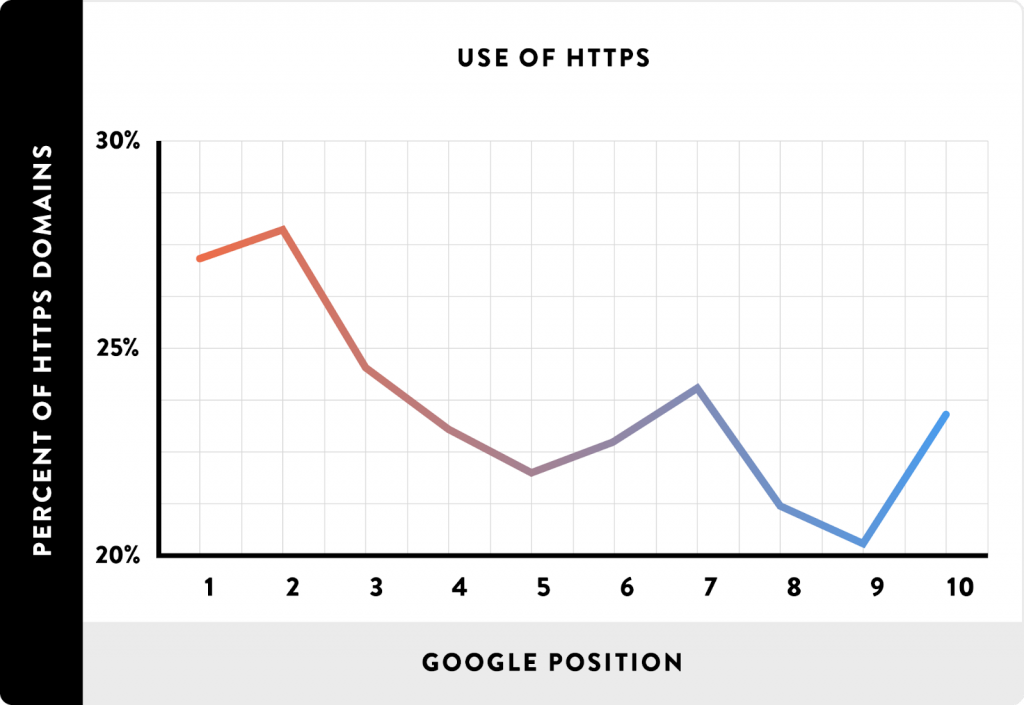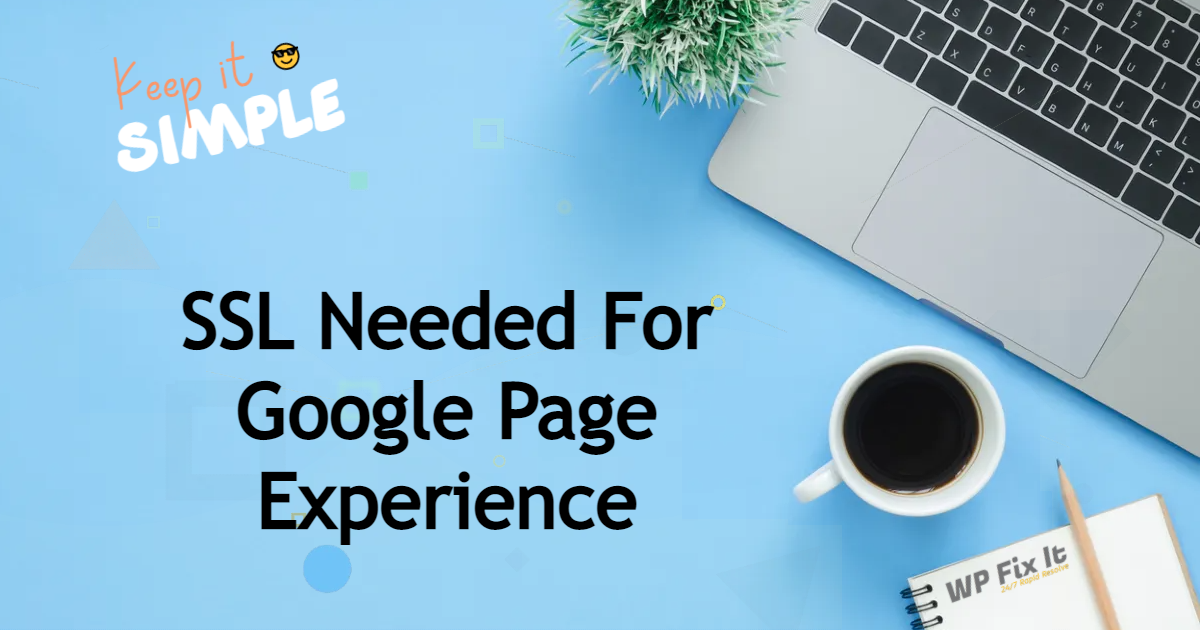SSL needed for Google Page Experience to rank well
Google has more than 200 web crawler positioning variables that it effectively considers prior to positioning any site in the web index results pages (SERPs). In spite of this information, in any case, SEO specialists seldom realize how certain calculations really work. Google has painstakingly protected this data to stay away from SEO control and surpassing web index rankings with unreasonable means. So, Google seldom says “in the event that you do this, you will work on your site’s rankings in the SERPs”. What it generally offers —, best case scenario, — is obscure and nonexclusive proclamations, for example, “make excellent substance” or “get important and incredible connections.” Be that as it may, on August 6, 2014, Google said something exceptionally specific. On this date, Google affirmed that sites with a SSL endorsement (https://) would get an additional benefit in the web index results pages (SERPs). Absolutely, Google told that in case there are two comparable sites — with things being what they are — the site with a SSL declaration will enjoy a slight upper hand over the other variant of the site that doesn’t have a SSL endorsement. We actually don’t have a huge load of substantial data about how much a SSL endorsement emphatically influences and further develops a site’s web index rankings. Yet, in this post, we will take a more top to bottom look, with whatever data we have, at what it does and what it means for SEO and rankings. We should begin with clarifying what a SSL testament is and how it functions. Here the few qustions about Google Page Experience
What is an SSL certificate?
SSL represents Secure Sockets Layer. As the name recommends, it makes an extra layer of wellbeing that secures the data guests decide to impart to a site. SSL.com characterizes SSL as: “SSL is the standard security innovation for building up a scrambled connection between a web worker and a program. This connection guarantees that all information passed between the web worker and program stay private.” Google Page Experience At the point when a guest visits a https://site, the SSL declaration guarantees that whatever data is shared, it won’t be spilled to anybody. The encoded association secures the data. Assuming you need to study the nuts and bolts of SSL endorsements and secure sites, read a novice’s manual for SSL and site security.
How does it affect search engine rankings?
Since you get what SSL is and how it functions, how about we examine its effect on a site’s web search tool positioning. A SSL endorsement influences a site’s web search tool rankings in the accompanying manners:
A boost in search engine rankings
As we referenced toward the beginning of the blog entry, Google has affirmed that a protected site with a SSL testament will enjoy an upper hand over different sites that are not as secure and scrambled — gave other website streamlining (SEO) factors continue as before. Ascertaining the exact effect of the SSL declaration on a site’s SEO rankings can be troublesome. For example, it is difficult to pass judgment on the genuine effect of a SSL authentication on a webpage’s web index rankings when it is contrasted and another site in a comparable specialty yet with a great many all the more remarkable back links. All things considered, maybe the upside of having 1,000+ extra incredible back links is essentially more than the drawback of not having a scrambled secure association (a SSL endorsement). Accordingly, site proprietors ought to comprehend that having a SSL testament will not simply mystically move your site to the highest point of the web search tool results page. Nonetheless, in case they are dealing with the other web crawler positioning components and doing the wide range of various significant things right, having a SSL authentication will give them the truly necessary lift to surpass different sites in an intense and cutthroat specialty. There are a Google Page Experience investigations that demonstrate a lift (or hop) in the web crawler rankings. Cloudtec experienced practically twofold the quantity of top 10 web index rankings after they changed from http://to https://.

Improving SEO by improving the user experience
There is no question that a SSL testament (a free from any and all harm site) fundamentally further develops the client experience. In the event that an individual grounds on a perilous site, he would see noticeable pointers that the site isn’t secure, and that he should stop perusing it. Google Chrome is ensuring that. By expressly disgracing decoded sites, Google Chrome is making the truly necessary mindfulness about web security among general web clients. They are presently significantly more mindful and reluctant in visiting decoded sites. Obtaining individual data on http://sites (destinations without SSL testaments) is settling the score more troublesome. The point here is that sites which offer a helpless client experience can never reliably rank on top situations in the SERPs. Decoded sites without SSL testaments neglect to convey a decent client experience. Assume an online client looks for a specific catchphrase and discovers your site through Google. He clicks it, lands on your landing page where he plans to fill a structure and is in a flash welcomed with a Google Chrome pointer that the site isn’t secure. He stops it promptly after arriving on it. Google sees this conduct. In the event that such a large number of site guests do precisely this— which it would be in this specific case — Google will at last downgrade your site in the SERPs. Since so many individuals would stop the site so before long arriving on it, apparently your site isn’t deserving of being positioned so high for that catchphrase. The aberrant impact of having a perilous and decoded site in the end prompts a downgrade in the web crawler results pages. The cascading type of influence further pushes it down. Less traffic sees mean less freedoms for making back links, viral traffic, higher commitment rate, and so forth.
Installing an SSL certificate
If you want to survive and thrive in today’s digital landscape, you need to have an encrypted website. Make sure that you have an appropriate SSL certificate for your site and that it is 100% encrypted and safe for your site visitors. If you are not sure what type of SSL certificate do you need, read our post on five different types of SSL certificates. If you have any questions, feel free to reach out to us.
